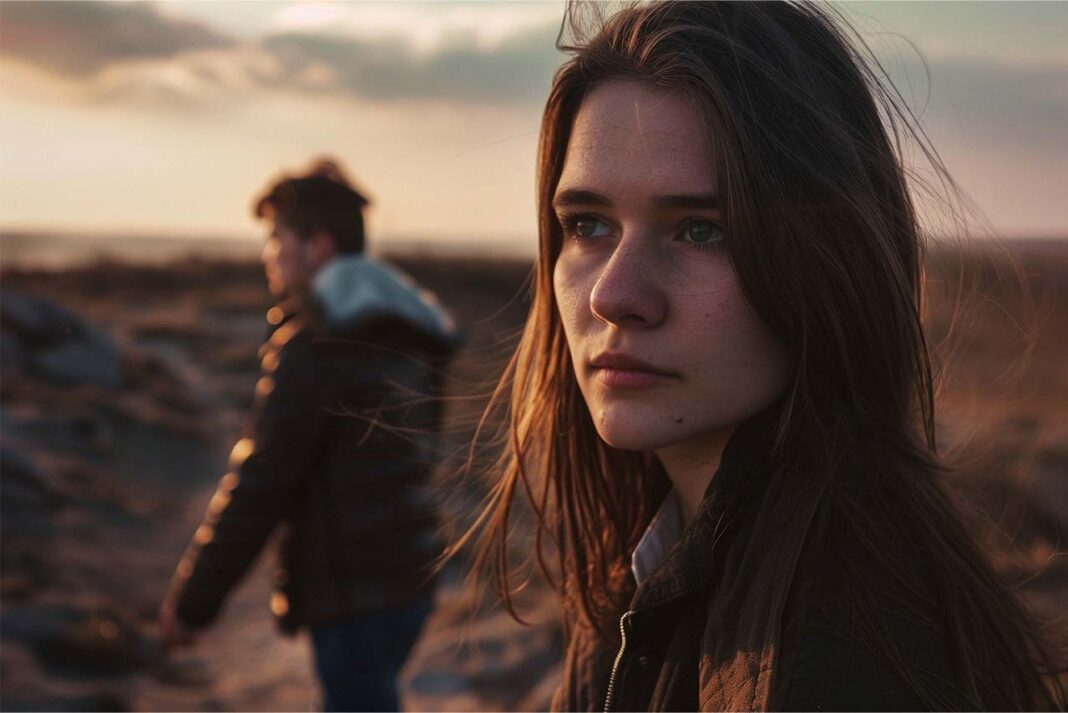When a relationship ends, the pain we feel isn’t always about a great love being lost. Sometimes, what hurts is not the absence of love, but the collapse of a familiar routine we had grown used to. In psychological literature, the influence of habits on human behavior has long been a subject of study. Patterns of attachment, coping with uncertainty, and identity development all play key roles. In many relationships we believe to be driven by love, what we’re actually clinging to is a well-worn emotional habit.
Bonding Through Habit: The Brain’s Comfort Zone
The human brain is wired to reward repetition. Behaviors that repeat reliably are perceived as safe, predictable, and soothing. Dopamine isn’t just about pleasure—it’s also tied to anticipation and familiarity. This holds true in relationships. A “good morning” text, watching series together, shared routines… Over time, we don’t just bond with the person—we bond with the rhythm they bring.
Who we connect with matters, of course, but so does what we repeat with them. That’s why the line between emotional attachment and habit-based attachment can easily blur. Some people stay in emotionally exhausted relationships simply because the structure is familiar. Love may have faded, but the fear of uncertainty remains. The brain classifies what is familiar as safe, even if it no longer brings satisfaction.
The Real Pain Behind Being Left
Being left is not just about losing someone. It’s also about losing who we were with them—the version of ourselves shaped by daily routines and shared plans for the future. A breakup doesn’t just dissolve a bond; it often dismantles a life structure. The mental system collapses, and identity fragments.
For those who didn’t form secure attachments in childhood, this process can be especially painful. The departure of a partner can trigger buried feelings of abandonment, rejection, and worthlessness. The partner becomes a psychological trigger, reviving old wounds. In such cases, the individual isn’t only grieving the person—they’re grappling with unresolved parts of themselves.
When Psychological Resilience Is Tested
The void that follows a breakup tests our psychological resilience. For some, it evolves into an existential crisis. A relationship is not only about the time spent with another—it’s also a mirror in which we see ourselves. When that mirror shatters, we’re left to ask, “Who am I now?”
Some continue their relationships mentally long after they’ve ended. They hold inner conversations with their ex, check their social media profiles, reread past messages. These behaviors reveal that the habit hasn’t yet broken. The relationship may be over physically, but mentally, it lingers—prolonging the healing process.
Is It Love or Just Habit?
Questioning the meaning we attach to a relationship is one of the healthiest steps we can take. Did we truly love this person, or were we simply clinging to something that made us feel safe? In therapeutic settings, answers to this question often lead to deep insight.
Allowing ourselves to feel the grief and not bypassing the mourning process is also crucial. Suppressed emotions don’t disappear—they quietly sustain inner bonds. Acknowledging an ending is the first step toward letting go and making space for something new.
At times, self-worth and self-compassion become the strongest tools for breaking a habit. When you start asking, “Do I really deserve this?” you shift the focus from the relationship to your own inner experience. And from that centered place, true healing begins.
Many people believe they’ve only lost the other person. In truth, what’s often lost is the connection they had with themselves. But this realization marks the beginning of real healing. Rebuilding life after a breakup isn’t about someone else—it’s about the inner journey you embark on. Before you fall for someone new, you must first fall back into yourself. Because before you can be held by another, you must learn to hold yourself.
And perhaps most importantly: what hurts may not be the person you’ve lost, but the identity you built around that relationship. When that identity breaks down, the old version of you collapses too. But right there, in the debris, a new version of you begins to bloom.
Getting to know yourself again might be the most valuable gain after a loss. Because some endings are, in fact, the road back to yourself.


